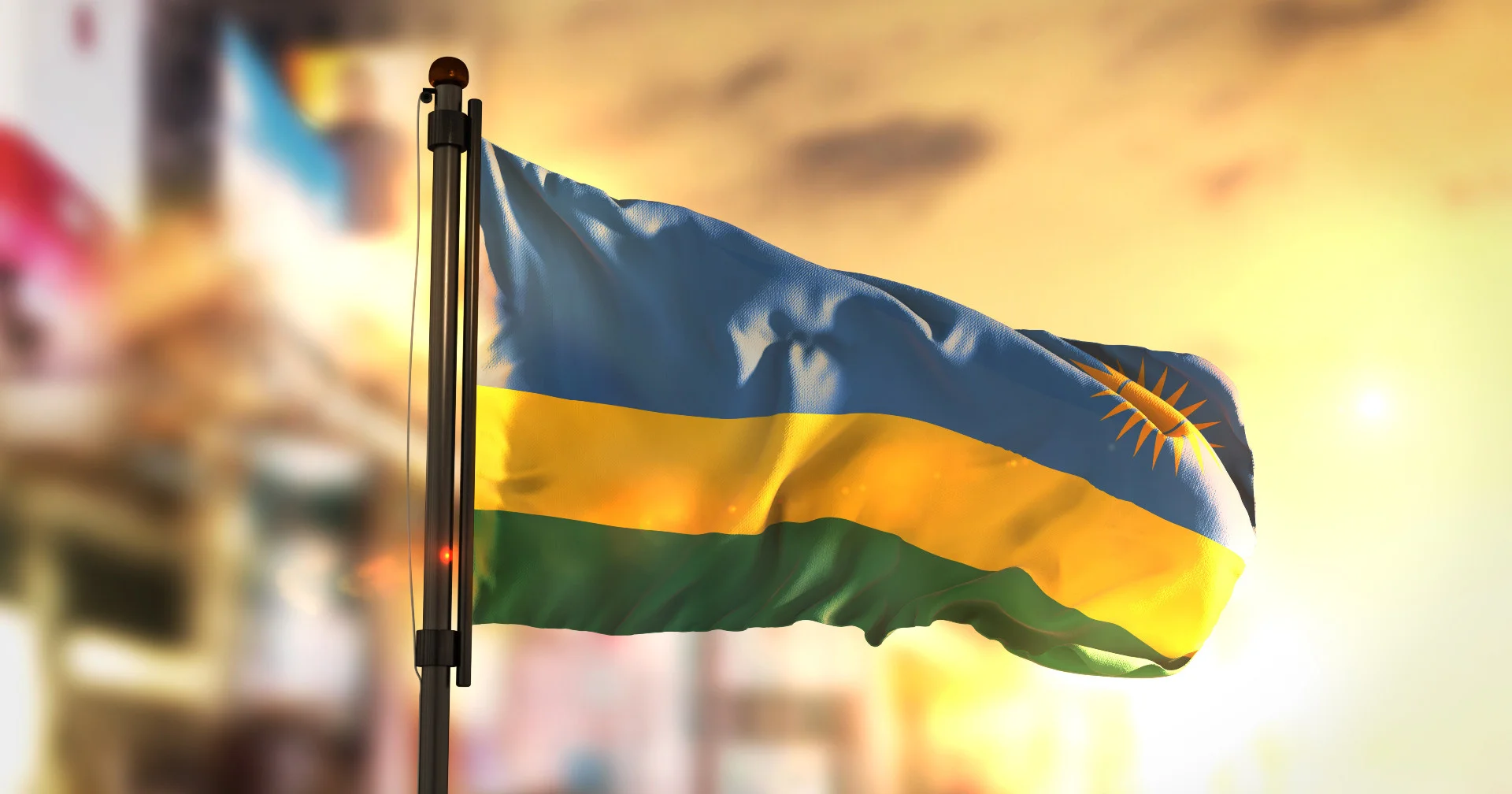With a population of over a 1,4 billion people, Africa boasts of unique landscapes, ancient history, geographical wonders, active adventures and so many other reasons why you should visit the continent known as “the Cradle of Africa”.
You can come to Africa for trade or just traveling reasons, and to feel more welcome in the culturally rich continent, besides international languages you might know, you might need to communicate in African languages and enjoy harmony with the locals.
In this story, we will tell you 10 African languages worth learning in case you want to travel to Africa.
1. Swahili
Swahili, known as Kiswahili in the language itself, is a Bantu language widely spoken in the African Great Lakes region, which comprises a huge With a population of over a 1,4 billion people, Africa boasts of unique landscapes, ancient history, geographical wonders, active adventures at of Central, Southern and East Africa. It’s said to be spoken by over 100 million speakers.
With its origin in East Africa, Swahili speakers spread over more than 14 countries: Tanzania, Kenya, Uganda, Rwanda, Burundi, the Democratic Republic of the Congo (DRC), South Sudan, Somalia, Mozambique, Malawi, Zambia, Comoros, and as far as Oman and Yemen in the Middle East. Southern African countries such as South Africa and Botswana have introduced it in schools, while Namibia and others are considering doing so.
Swahili is quite appealing to many language learners both due to the fact that it’s widely spoken and to its history. Kiswahili actually means “coastal language”—it’s a trade language that was created to facilitate communication between a number of Southern and Eastern Africa’s wide variety of ethnic groups.
Swahili it uses the Latin alphabet, which will make it easier for you to learn it.
Knowing some Arabic will give you a good start, too, as there are many Arabic loanwords in Swahili.
What’s more, I guarantee you already know a handful of Swahili words. Why? The writers of Disney’s “The Lion King” had a bit of a love affair with Swahili. Hakuna Matata? That’s Swahili for “no worries!” Simba? Swahili for “lion!”
2. Hausa
With over 63 million speakers, Hausa is spoken primarily in Nigeria and Niger, but it’s also spoken by plenty of other people in West Africa. In fact, Hausa serves as a lingua franca (common language) for Muslim populations in this region. It’s widely understood, so it’ll get you pretty far in West Africa!
Hausa is a tonal language, but don’t let that put you off. Each of the five vowels (a, e, i, o, u) can either have a high or low pitch, so they’re really more like 10 vowels. While these tones may be marked in learning materials that use Latin text, everyday writing does not use any diacritics, so this can be confusing.
3. Igbo
Another language that’s rooted in Nigeria in West Africa, Igbo has six tones, which can make it difficult to learn for non-natives. Igbo was originally written in ideograms, which were rather creative artworks that conveyed the meaning of sentences and paragraphs, but today it’s written in the Latin script with some additional letter combinations added for its unique sounds.
It’s not a widely known or studied language, but with 60 million speakers, it’s sure to come in handy for those with a strong interest in Nigeria and West Africa.
4. Yoruba
Number of speakers: 55 million
Example phrase: Bawo ni (Hello)
One of the most spoken languages in West Africa, primarily in southwestern and central Nigeria, Yoruba boasts of 55 million speakers.
Yoruba is also the language used in the Afro-Brazilian religion Candomblé and in the Caribbean religion Santaría, which makes it a language that is being spoken in both the old and new worlds. It’s not understood by linguists how Yaruba gained usage in these religious domains, so this strange example of language transfer remains a mystery.
This is a great language to learn if you have a strong interest in West Africa and Nigeria, a rich and diverse region.
5. Oromo
Spoken by over 35 million people, Oromo is native to the Ethiopian state of Oromo and northern Kenya, and has been traditionally spoken by the Oromo people and ethnic groups that live close by in the Horn of Africa.
Oromo is one of the official working languages of Ethiopia. It’s written in the Latin script and Oromo speakers are known for having a highly evolved oral storytelling tradition. It’s a rather complex language, with five long and five short vowels and seven grammatical cases. Interestingly, the sounds /p/, /v/ and /z/ were not in the language historically, and are only used for recently adopted words.
6. Amharic
Amharic is a rich and ancient language spoken by over 22 million people, mainly in Ethiopia. It’s related to Arabic and Hebrew, and it’s the second-most widely spoken Semitic language after Arabic.
Amharic is gorgeous when spoken, and it’s even more stunning when written in its unique script.
Amharic is also host to a growing body of Ethiopian literature. Poetry and novels are both popular, and learning Amharic will open the door to experiencing literature far different from that of the rest of the world. Once you have the basics down, try your hand at reading the most famous Amharic novel, “Fiqir Iske Meqabir” (Love Unto Crypt) by Haddis Alemayehu.
7. Zulu
Considered as one of the cultural icons of African heritage of culture, Zulu language, a Bantu language spoken by more than nine million people mainly in South Africa, especially in the Zululand area of KwaZulu/Natal province.
Zulu, often referred to in its native form, isiZulu, is the most widely spoken home language in South Africa (24% of the population), and it is understood by over 50% of its population.] It became one of South Africa’s 11 official languages in 1994.
The Zulu and Xhosa languages are similar enough to be considered dialects of one language, but speakers of Zulu and Xhosa consider them to be separate languages.
8. Lingala
Lingala language, according to some linguists, a Bantu-based creole of Central Africa.
Lingala is spoken by more than 10 million people in a region comprising the northwestern part of the Democratic Republic of the Congo south to its capital, Kinshasa, and the northern part of the Republic of the Congo, particularly in part of its capital, Brazzaville.
Because it functions as the primary vernacular of both Kinshasa and Brazzaville, it is associated with modernity and urban culture. It is the dominant language of popular dance music, soukous (an urban style of indigenous dance that first developed in the region in the 1960s), and jazz throughout Central Africa, even in places where it is not spoken.
With the knowledge of French, knowing or speaking Lingala won’t take you too long as it mixes with many French words.
9. Shona
Shona is a language of Zimbabwe. Roughly 75% of the population there speak it as a first language.
Shona (chiShona) is spoken by over 14 million people, the vast majority living in Zimbabwe. There are also Shona-speaking populations in southern Zambia and Botswana.
10. Kinyarwanda
With over 99% of the people in Rwanda speaking Kinyarwanda– the native and one of the four official languages of Rwanda- knowing some few important words in this language before if you are to travel and spend time in a 1000 hills nation is something you could appreciate.
Kinyarwanda, a Bantu language, is spoken by some 14 million people primarily in Rwanda as native speakers and it counts to approximately 30 million speakers worldwide in the diaspora and the Great Lakes region.
Some other African languages you should think of learning include Wolof spoken in Senegal, Kikuyu spoken in Kenya, Afrikaans spoken in South Africa and so many others.

